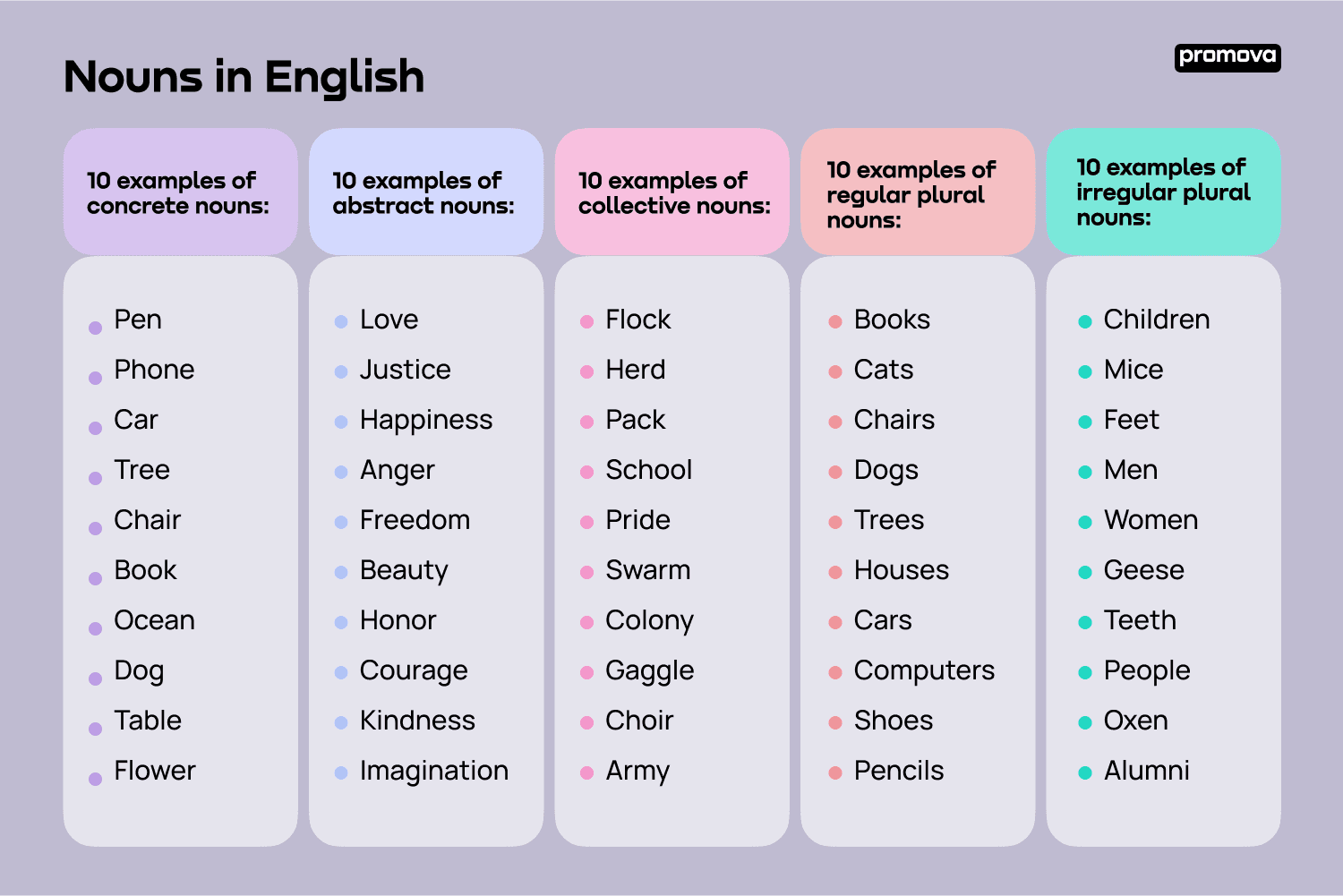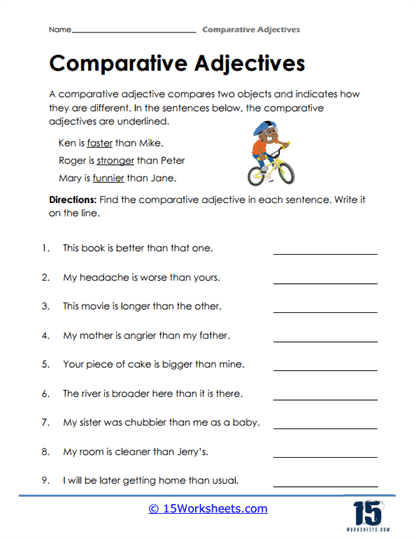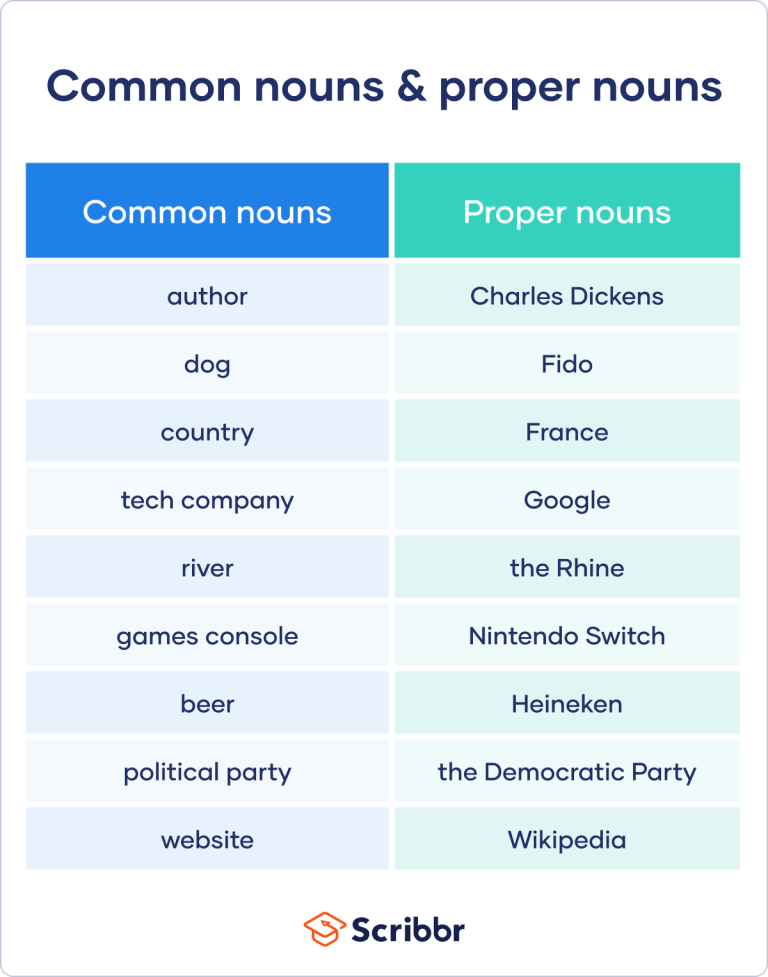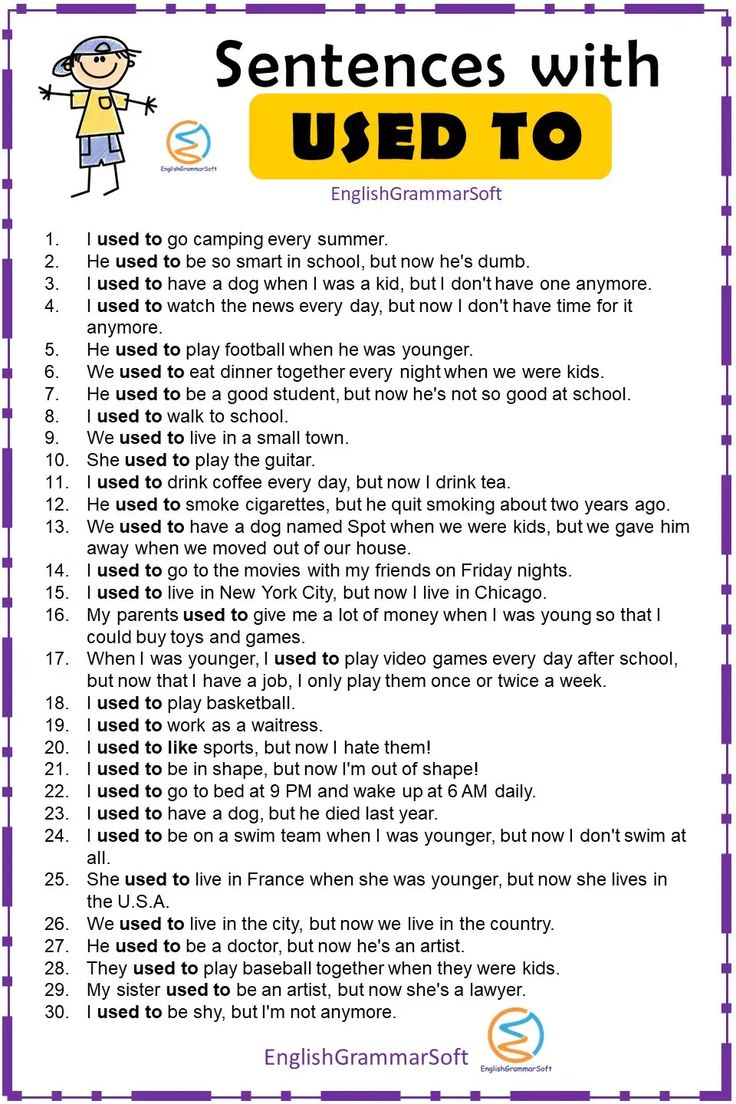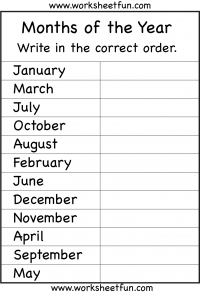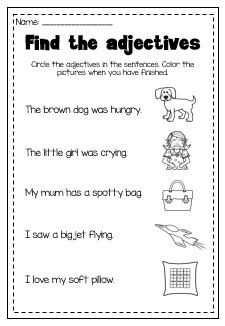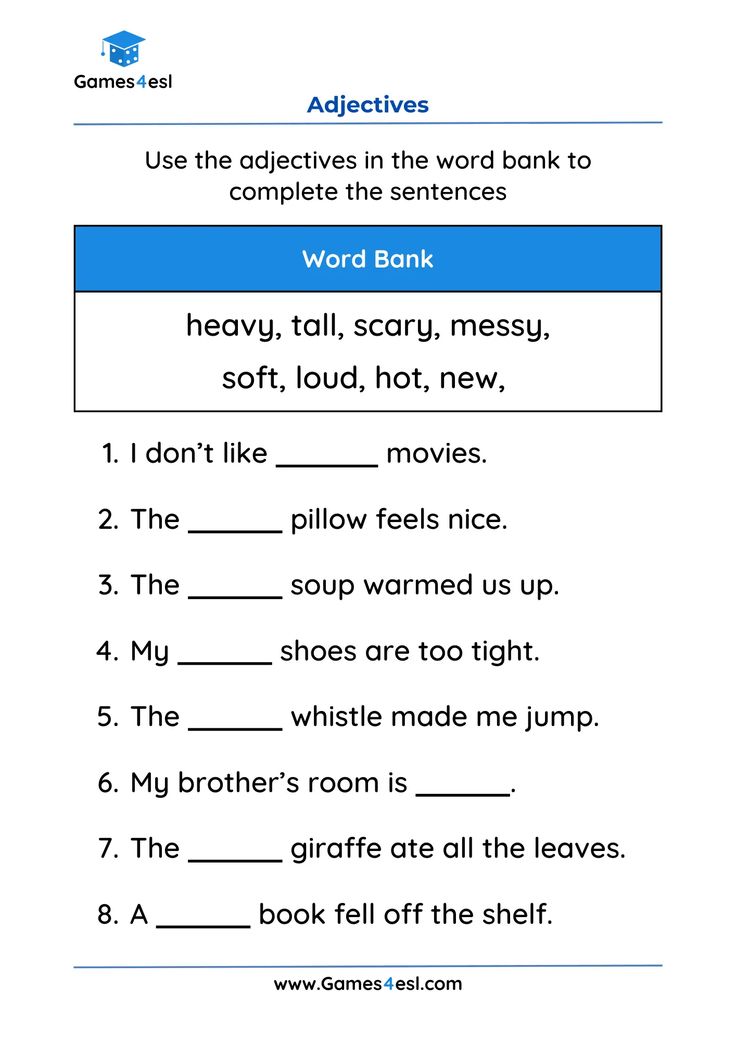Examples of Nouns
Have you ever stopped to think about how often you use nouns in your everyday conversations? Nouns are all around you—they name the people you meet, the places you go, and the things you use.
Without them, your sentences would be bare and confusing. Understanding nouns is like having a secret key to clearer communication and better writing. Whether you’re a student trying to ace your grammar test, a writer looking to polish your prose, or just someone curious about language, diving into examples of nouns can be surprisingly rewarding.
Stick around, and you’ll discover how these simple words can make a big difference in how you express yourself and connect with others.
Common Nouns
Objects we see daily are common nouns. Chair, table, and pen are examples. These items are everywhere. Kids use them at school. Adults use them at work. We all use them at home. Phone and computer are also objects. They help us communicate. They help us learn. Common nouns are simple. They are everywhere.
Common nouns describe people. Teacher, doctor, and firefighter are examples. They help us learn. They help us stay healthy. They keep us safe. Artist and writer create beauty. Chef cooks delicious food. These are professions. They are jobs people do. People are important. Common nouns make it easy to name them.
Common nouns name places. Park, school, and library are examples. We play at parks. We learn at schools. We read at libraries. Store and restaurant are places to shop and eat. City and village are places people live. These nouns help us find locations. They help us talk about places.
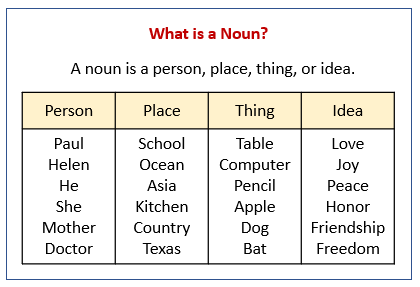
Credit: www.onlinemathlearning.com
Proper Nouns
Proper nouns are special names. They describe specific people. John, Emma, and Alice are examples. These names are unique. They start with capital letters. Proper nouns help us identify people. Each name is different. This makes communication clear. Names are an important part of identity. They are used everywhere.
Brands have unique names too. These names stand out. Nike, Apple, and Coca-Cola are examples. They represent specific companies. People recognize them easily. Brand names are part of marketing. They help in selling products. These names are protected legally. They cannot be copied. This keeps them special.
Places have proper nouns. These names tell us location. Paris, Mount Everest, and Amazon River are examples. They are unique to each place. Geographical names start with capitals. They are important for maps. These names help in travel. They provide clear directions. People use them worldwide.
Abstract Nouns
Happiness is a warm feeling inside. Sadness feels like a heavy cloud. Love is special and makes hearts sing. Fear can make legs tremble. Anger might feel like a hot flame. Excitement is like butterflies in the belly. Grief can weigh down the heart. These are abstract nouns. We cannot touch them, but we can feel them.
Freedom lets people choose. Justice means fairness for everyone. Peace is calm and quiet. Wisdom is knowing a lot. Courage helps people be brave. Truth is always honest. Knowledge is learning new things. These ideas are powerful. They guide us every day.
Kindness is being nice to others. Honesty means always telling the truth. Bravery helps face fears. Patience waits calmly. Loyalty stays true to friends. Generosity gives to others. Integrity stands strong in values. These qualities are admired by many. They make people special and unique.
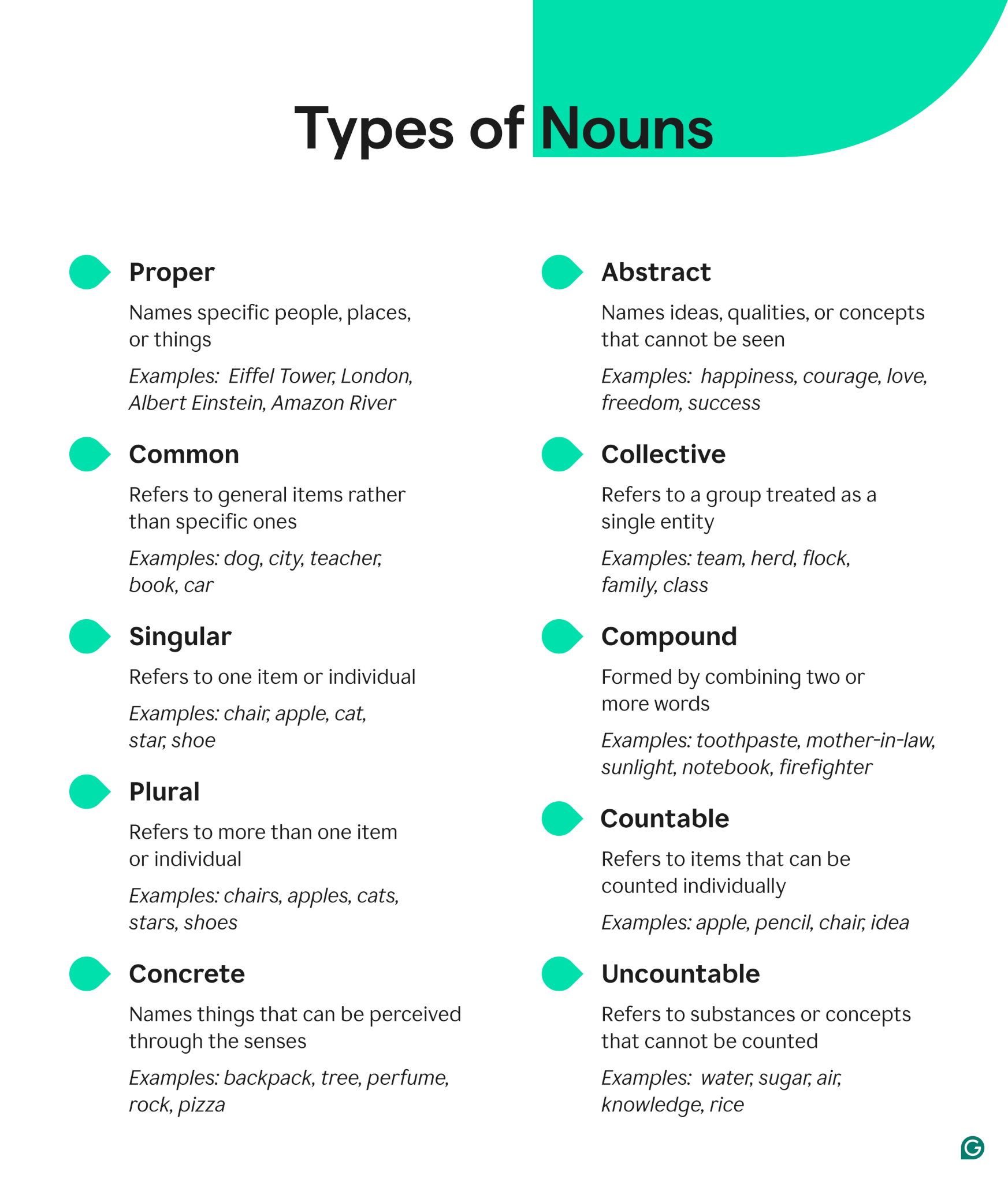
Credit: www.grammarly.com
Collective Nouns
Collective nouns are special words. These words describe groups. Animals often have unique group names. A group of lions is called a pride. Many fish together are a school. Birds like geese form a gaggle. Wolves travel in a pack. Each animal group has its own name. These names can be fun to learn. They help us talk about animals.
Teams also have special names. A team of players works together. A committee plans and decides things. Clubs gather people with the same interests. A band plays music. Each group has a purpose. These nouns make it easy to talk about groups. They show how people work together. They unite for a common goal.
Objects can form groups too. Many books together are a library. A bundle is a group of sticks or papers. A fleet is many ships or cars. A set is a collection of tools or items. These nouns help us organize things. They make it easy to discuss collections. They simplify our speech.
Countable And Uncountable Nouns
Countable nouns are easy to see and count. You can have one apple, two apples, or three chairs. Other examples include books, cars, and pens. Each item can be counted separately. These nouns can be singular or plural. You can use numbers with them.
Uncountable nouns cannot be counted individually. For instance, water and milk. You cannot say one water or two waters. Other examples are sugar, rice, and sand. They often need a unit of measure. Like a cup of water or a bag of rice.
Countable nouns have a plural form; uncountable do not. Use a or an with singular countable nouns. Use words like some or much with uncountable nouns. It’s important to know which noun type you are using. This helps in speaking and writing correctly.
Concrete Nouns
A bookis a tangible object. You can see and hold it. A tableis another example. It has four legs and a flat top. Carsare common tangible objects too. They have wheels and can move fast. These objects are easy to touch and see.
A dogis a living being. It barks and wags its tail. Catsare also living beings. They purr and sleep a lot. Birdsfly and sing. All these beings breathe and grow. They are alive and can move.
Wateris a natural element. You can drink it. Rocksare natural too. They are hard and solid. Airis around us. We breathe it every day. These elements are part of nature. They exist without human help.
Compound Nouns
Compound nouns join words together. Some need a hyphen. These are called hyphenated forms. An example is “mother-in-law”. The hyphen helps with clarity. It makes reading easier.
Closed forms are another type of compound noun. Words are joined without spaces. Examples include “notebook” and “toothpaste”. These are common in daily life. They simplify language.
Open forms use spaces. Words stand alone but form a single idea. “Post office” and “ice cream” are examples. They are still compound nouns. The words work together.

Credit: www.grammar-monster.com
Frequently Asked Questions
What Are Common Examples Of Nouns?
Nouns are words that name people, places, things, or ideas. Common examples include “dog,” “city,” “happiness,” and “teacher. ” These words help identify and specify objects and concepts in sentences. Understanding nouns is essential for constructing meaningful sentences and effective communication.
How Do Nouns Function In Sentences?
Nouns serve as subjects or objects within sentences. They can act as the main focus or what actions are directed towards. For example, in “The cat sleeps,” “cat” is the subject. Nouns provide clarity and context, making sentences understandable.
Are There Different Types Of Nouns?
Yes, there are various types of nouns. They include common, proper, abstract, and collective nouns. Common nouns are general names, while proper nouns are specific, like “London. ” Abstract nouns describe ideas, such as “freedom,” and collective nouns refer to groups, like “team.
“
Why Are Nouns Important In Language?
Nouns are crucial for identifying and describing subjects and objects. They provide structure and meaning in communication. Without nouns, sentences would lack specificity and clarity, making understanding difficult. Nouns are foundational in language, allowing precise and effective expression.
Conclusion
Nouns shape how we describe the world around us. They name people, places, and things. Every sentence needs them. They tell us who does what. See the importance? Nouns help us communicate clearly. They are everywhere in our daily lives.
From the person next to us to the objects we use. Understanding nouns strengthens our language skills. It enhances communication. Now, practice using nouns in sentences. Notice how they impact your speaking and writing. Enjoy exploring the world through nouns.
Keep learning. It makes language fun and easier to grasp.
